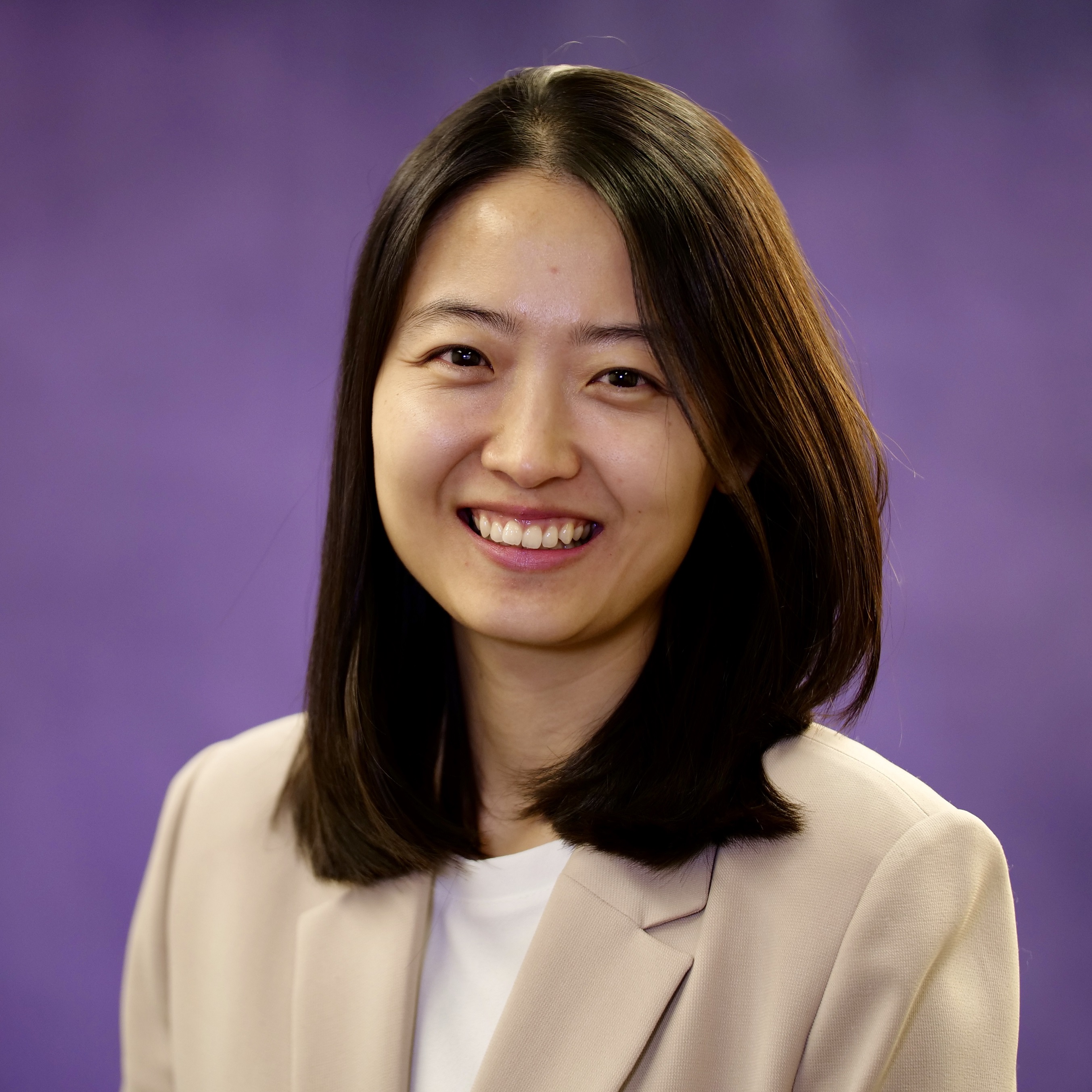
Boeun Kim, BSN, MSN, RN, is one of the de Tornyay Center’s 2019-2020 Healthy Aging Doctoral Scholars. A fourth year PhD student, her project looks at cognitive health and the walkable neighborhood. Her faculty mentor is Basia Belza.
All interviews have been edited for length and clarity.
Find all scholar spotlight interviews here.
Why did you choose nursing?
When I was 10 years old, I lost my grandfather. He was injured in a car accident and had severe brain injuries. After a long stay in intensive care, he was sent home, but he never fully recovered. He was not able to communicate, move, or eat independently. He passed away two years after the accident. We all had to learn to deal with our grief. The impact of brain health on my whole family has forever been imprinted on my mind. When I was a high school student, I was looking for ‘what should I do’ and I found nursing. I thought a nurse can support sick people and volunteer for those who cannot access health care for reasons like financial issues. I could have a job, and at the same time I could help other people.
Why are you interested in the field of healthy aging?
While I was working at a cancer center, I met a lot of older adults who were struggling with diseases. I met a few older adults who didn’t have sufficient information and resources to deal with their health issues. I saw how much health status could impact the quality of life in older adults. I wanted to help promote older adults’ health and expand their healthy years.
Before you came to PhD program, did you have experience working with older adults or in aging research?
I worked for the Active and Healthy Aging Project for two and a half years. The intervention consisted of health education and exercise to support healthy aging for older adults living in the community. I also worked for another research project exploring the behavioral and psychological symptoms in people with dementia in long-term care facilities in East Asia, including China, Japan, Korea, Taiwan, and Thailand.
What made you realize you wanted to do research?
I met Dr. Susie Kim, who inspired me to pursue research. She was a retired professor at the Ewha Womans University’s School of Nursing in South Korea. After retiring, she traveled to Malawi in Africa where she led a nursing and midwifery school. I saw the immediate impacts on communities made by her research and leadership. I observed how a person can make the world a better place to live.
What is your research project?
My research project focuses on how walkable neighborhoods can support cognitive health in older adults. Particularly, I am examining the association between walkable neighborhoods and cognitive function and dementia. I will also explore if there are discrepancies between the objectively and subjectively measured neighborhood’s attributes and if those discrepancies are associated with the cognitive outcomes. This project can help develop interventions and policies to change neighborhoods so that they better support cognitive health.
How did you originally find this research project?
I read an article saying poor neighborhood socioeconomic status is associated with worse cognitive function in older adults. But conventional interventions mostly focus on individual factors such as improving motivation and knowledge. I thought we also needed to address environmental factors like neighborhood environments, but there was not much research on neighborhoods’ impacts on cognitive health. That’s why I decided to conduct this research, to add evidence in this significant field.
Why is the research project important?
The aging population is growing and the number of people with dementia is expected to grow as well. There are limited pharmacological treatments for dementia so prevention is the best treatment. Walkable neighborhoods may help improve cognitive health through stimulating brain activity and by promoting physical activities.
What has been an unforgettable experience during your time at the School of Nursing?
There are a lot of unforgettable moments at the School of Nursing, such as when I passed the general exam, when I received an award at Western Institute of Nursing annual conference and when I first published an article. The best thing that I have done at the School of Nursing is meeting a great mentor. I have faced a lot of challenges, but I can successfully finish the last three years because of support from faculty members, family, and colleagues. Without their help, I could not be here.
How has your experience at the School of Nursing helped you with your career trajectory?
I learned a lot of knowledge and research skills from research projects and my course work, which are essential to building my career. However, I cannot learn all the knowledge that I need from courses. The more important skill is learning how to approach a problem I have never seen before. The key thing that I have learned from my mentor and the PhD program is how I can approach new problems and where I can find resources to help solve those problems.
What are your plans after graduation?
I plan to apply for a post-doctoral position in healthy aging and neighborhood environments field and then keep developing my career in this field. I want to continue to conduct research to improve cognitive health in older adults.